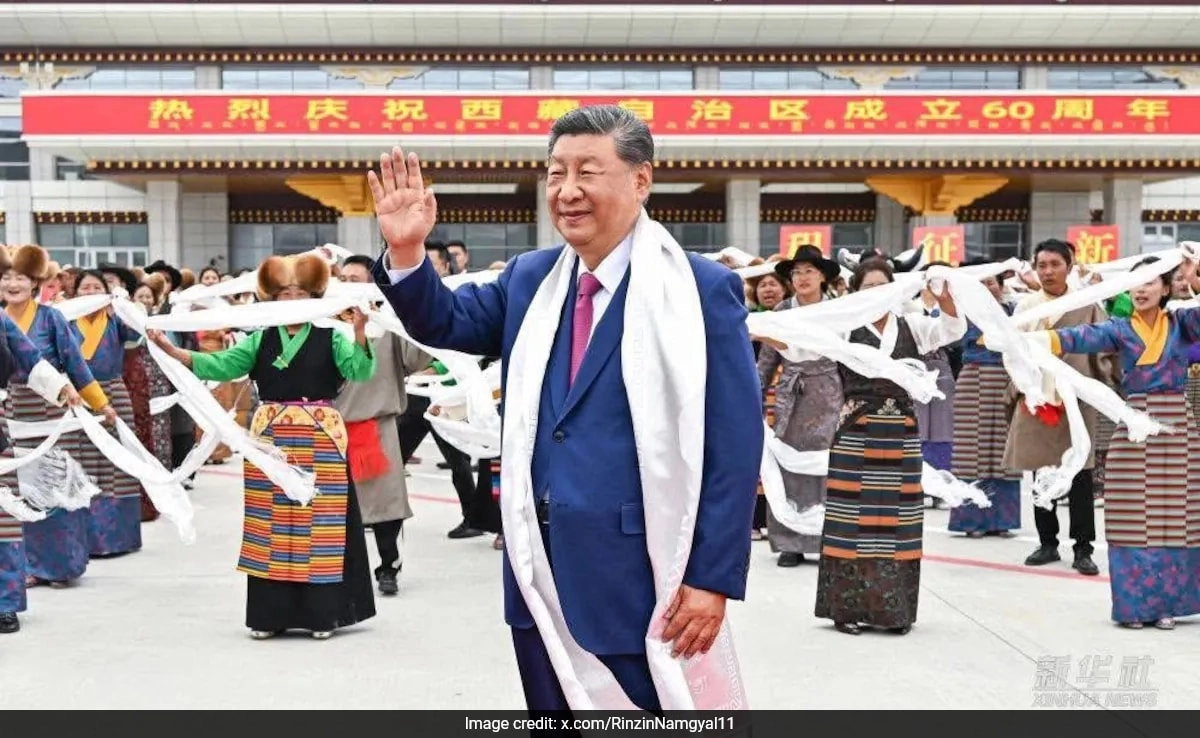In a significant political move, Chinese President Xi Jinping recently made a rare visit to Tibet, marking only his second trip to the region since assuming the presidency. This visit holds profound implications, both domestically and internationally, as it underscores Beijing’s emphasis on maintaining control and promoting stability in Tibet, an area that has long been a focus of concern due to its historical and cultural complexities. The timing of Xi’s visit is particularly noteworthy, coinciding with heightened tensions regarding human rights issues and the ongoing international scrutiny of China’s policies in regions like Xinjiang and Hong Kong.
During his stay, Xi Jinping emphasized the importance of economic development, social harmony, and the need to safeguard national unity, themes that resonate deeply within the Chinese government’s broader agenda. His tour included visits to infrastructure projects and cultural sites, highlighting the government’s efforts to modernize the region and integrate it more fully into the national framework. This strategic focus on development is part of China’s larger narrative, which aims to portray Tibet not only as a vital part of the nation but also as a region experiencing significant progress under the central government’s guidance.
Moreover, Xi’s visit to Tibet can also be interpreted as a response to ongoing international criticism regarding China’s treatment of ethnic minorities, particularly in areas like Tibet and Xinjiang. By showcasing development and stability, Xi aims to counter narratives that depict the region as a site of oppression and unrest. The visit serves as a reminder of the delicate balance the Chinese government seeks to strike between asserting its authority and addressing the needs and aspirations of local populations.
This rare visit, therefore, is not merely a ceremonial engagement but a calculated move to reinforce China’s narrative of sovereignty and development in Tibet. It reflects the country’s broader strategy to quell dissent and foster a sense of national pride among its diverse ethnic groups while navigating the complex landscape of international relations. As Xi Jinping continues to solidify his power domestically and project strength internationally, his engagement with regions like Tibet will remain a crucial element of China’s political landscape.




